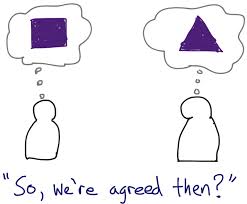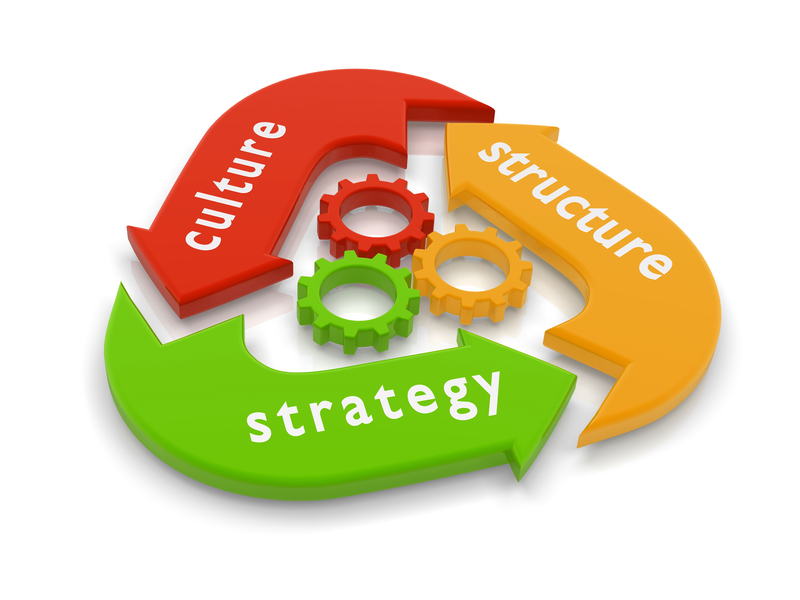Here’s a simple test to know if you have delegated or abdicated.
At what point in the process will I know if my expectations were met?
Hmm… guess that means if my intention is to delegate, I must take the following 5 actions:
- Clearly outline my expectations
- Check-in to see if my expectations were understood
- Agree how both progress and outcome will be monitored and measured
- Agree when and how progress will be reported
- Agree when and how progress will evaluated and adjustments made
You might be asking yourself at this point, “seems a lot of process; do I have to do this every time I ask someone to do something for me?”
This decision of course, is yours to make.
Meanwhile I will share a personal story that happened years ago and reminded me of the value of following these five steps, and following the DIME Method, whenever I assign work to someone else.
I emailed a document to my virtual assistant, asking simply, “please clean up this document and send it to FedEx to make into a poster.” What I had in my head was a black and white, 24×36 printed document that I could roll up and take with me to a meeting and then throw away at the end of the day. The cost of this type of document is about $5.
When I arrived at FedEx, my bill was $100 and what they had ready for me was a full color, 24×36 printed document, mounted on a board and laminated.
Which do you want? And, have you made that clear?


















 The initial results of my Pivot are excellent. I feel I have much greater clarity regarding the next 3-5 years..
The initial results of my Pivot are excellent. I feel I have much greater clarity regarding the next 3-5 years.. 